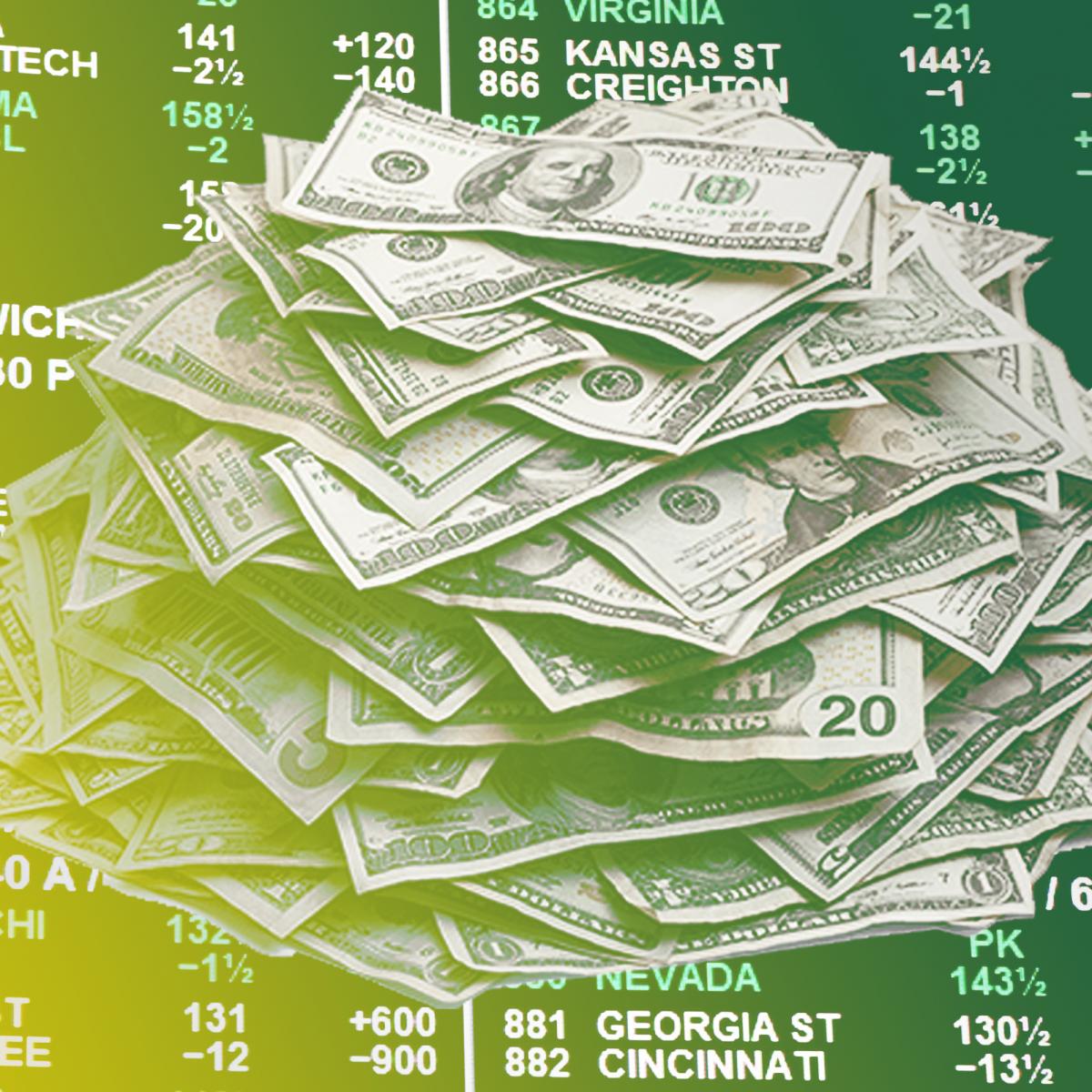
On Monday morning, the Supreme Court of the United States issued its ruling in Murphy v. NCAA and forever changed the sports landscape in America. In a 6-3 decision, the Court struck down the Professional and Amateur Sports Protection Act, otherwise known as PASPA, which had been in effect since 1993. PASPA prevented the legalization of sports betting in states that had not previously allowed such activities. Hence, Nevada has legally operated sportsbooks while states like New Jersey have been barred. Now, each state will be free to legalize and enforce sports betting as it sees fit. To get a sense of the impact of the Supreme Court’s decision, B/R surveyed a handful of experts on sports betting. Here is what they said to expect in the coming months as states—and sports leagues—respond. What does the ruling really mean? The Supreme Court’s role was to evaluate the constitutionality of PASPA. Justice Samuel Alito, delivering the majority opinion, wrote that Congress had violated the Constitution by forcing certain states to prohibit gambling. That means that individual states will now be able to legalize, tax and regulate sports gambling. New Jersey, the state that brought the case before the court, seems poised…